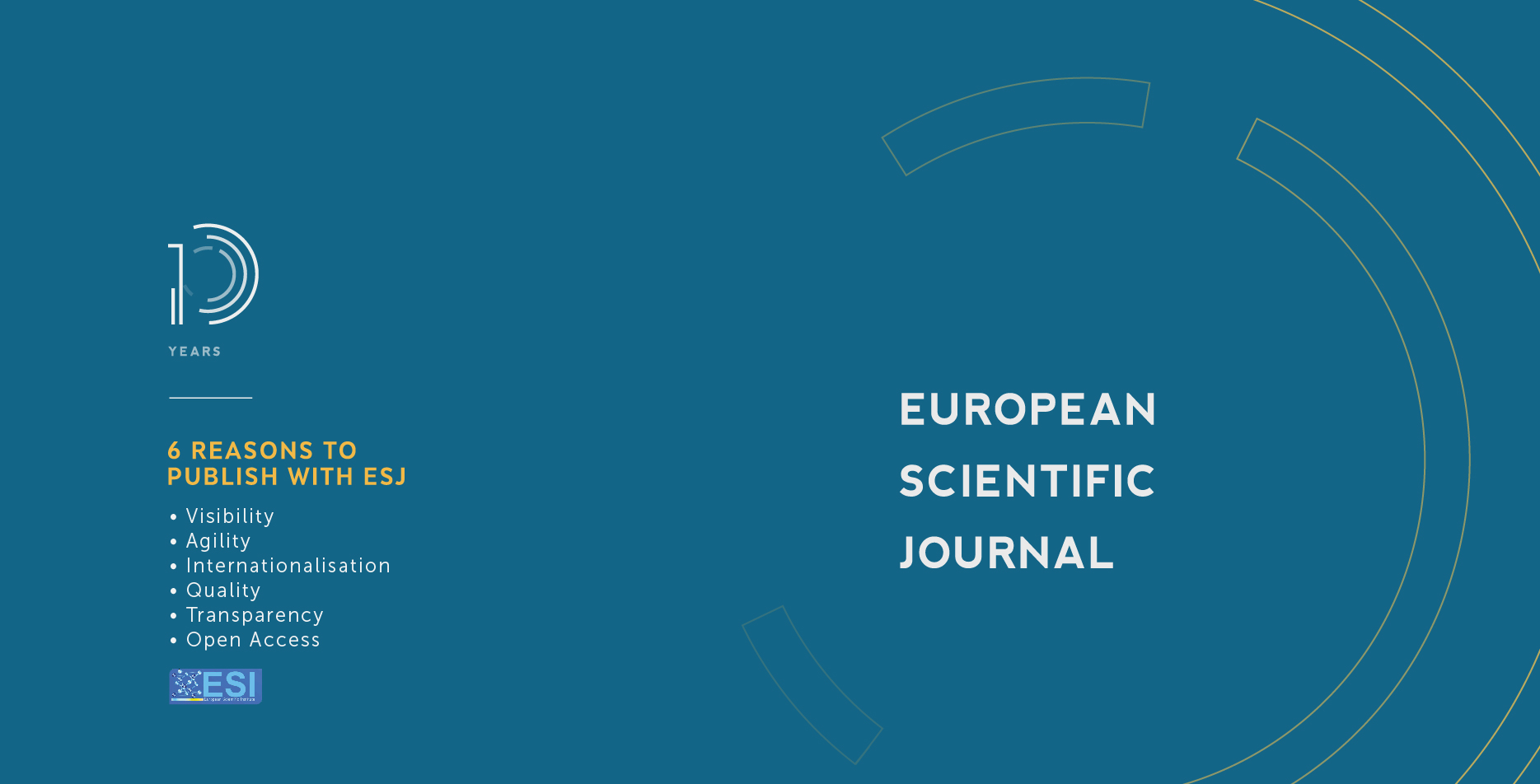La política monetaria en presencia de las finanzas islámicas: un estudio exploratorio
Abstract
En los últimos años se ha producido un verdadero desarrollo de la industria financiera islámica, abriendo nuevas oportunidades de financiación para los inversores. Para beneficiarse de sus productos, varios países se han embarcado en el experimento financiero islámico. Al contar ya con una infraestructura bancaria y monetaria convencional, la implantación de instituciones islámicas puede resultar difícil, ya que se supone que deben cumplir con la sharia al tiempo que operan junto a sus homólogos convencionales. Sin embargo, cuando los dos sistemas financieros coexisten, la práctica de la política monetaria es un verdadero desafío que da lugar a muchas reflexiones. De hecho, la prohibición de ciertas prácticas, como el uso de tipos de interés, por parte de las finanzas islámicas crea una necesidad real de diseñar instrumentos que se adecuen a los preceptos de la Sharia.
In recent years, the Islamic financial industry has developed significantly, opening up new financing opportunities for investors. To benefit from its products, several countries have embarked on the Islamic financial experiment. Already having a conventional banking and monetary infrastructure, the implementation of Islamic institutions can be difficult, as they are supposed to be Sharia-compliant while operating side by side with their conventional counterparts. However, when the two financial systems coexist, the practice of monetary policy is a challenging and thoughtprovoking one. Indeed, the prohibition of certain practices, such as the use of interest rates, by Islamic finance creates a real need to design instruments that are appropriate to Shariah precepts.
Downloads
PlumX Statistics
Copyright (c) 2021 Joudar Fadoua, Dinar Brahim

This work is licensed under a Creative Commons Attribution-NonCommercial-NoDerivatives 4.0 International License.








